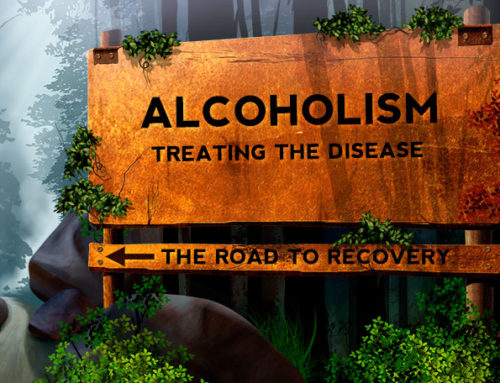“Hi, my name is Dee and I’m an alcoholic.” That is what I am supposed to stand up and say at an Alcoholics Anonymous (AA) meeting, but I have never done it. When the leader asks if there is anyone new or anyone celebrating a “birthday” (the anniversary of the day an alcoholic became sober), I have never drawn attention to myself. I sink lower in my chair and look at the floor.
I am, in fact, coming up on 14 years sober, but do not recognize it as a birthday, an anniversary, or a sacred event of any kind. I simply recognize it as the day I stopped being one person and became another. Unlike the never-ending recovery that many AA followers claim comes hand-in-hand with true sobriety, my recovery was instantaneous. Perhaps I am looking at this short-term or with false confidence in my ability to remain sober, but for 14 years, this is how it has been.
My first trip to an AA meeting came within a few weeks of my last Budweiser, at the suggestion of my therapist. She considered it to be just part of my recovery process, from the events that my drinking had caused. I remember walking into the room and being surrounded by a fog of cigarette smoke and the acrid smell of long-since brewed coffee. The room was not a picture of health. It was sad and lonely and packed with sorrowful, hopeless, unemployed, family-less people. I was one of the lucky ones who hadn’t gone to jail, or hurt someone, or lost my job. The night of my last drink and the reason for my future abstinence was certainly no treat, but I felt fortunate and somehow superior that I still had a job and a place to live and a driver’s license in my pocket.
That AA meeting put the fear of God in me. It showed me the path I was heading down, and I knew that I was pretty close to the end of it. I don’t remember a word that anyone said that night, but I remember driving away feeling like I had dodged a bullet.



Recent Comments